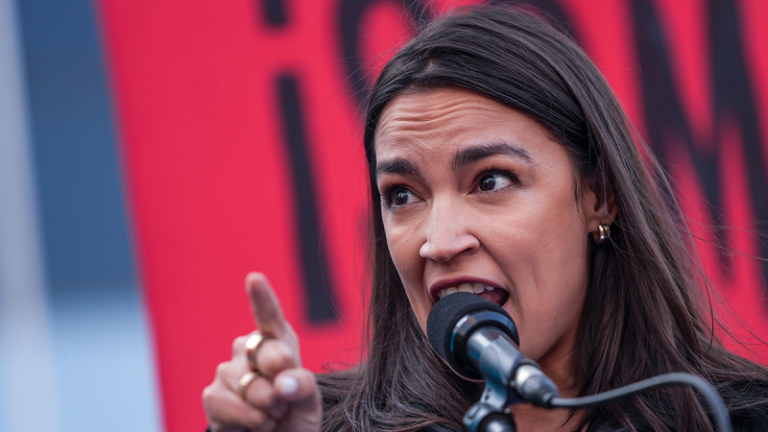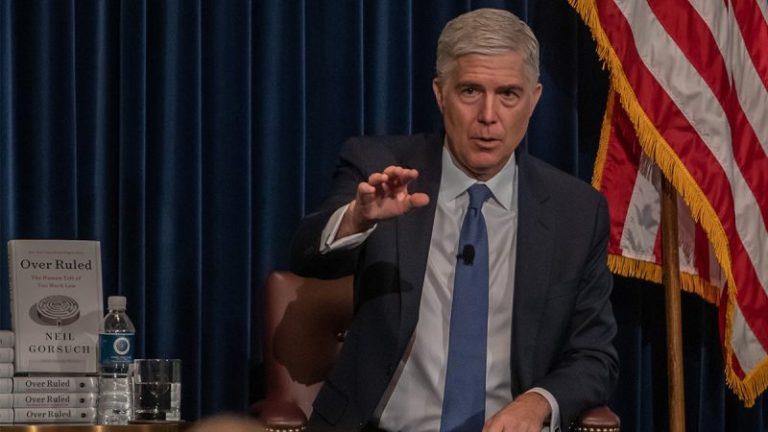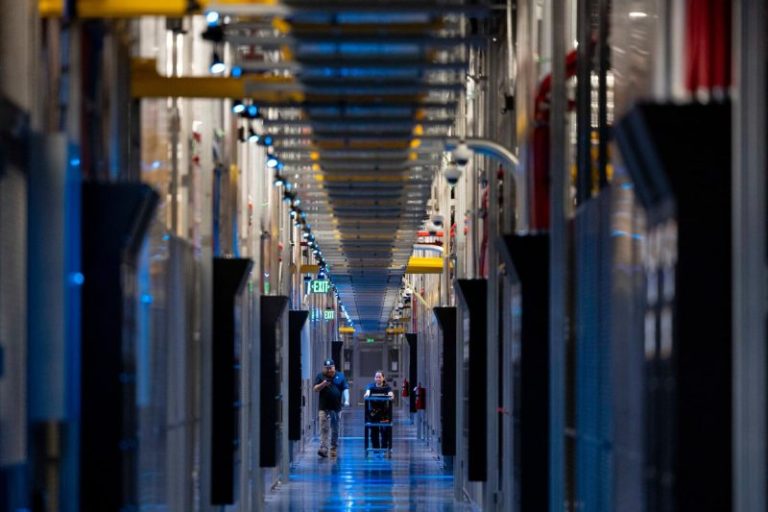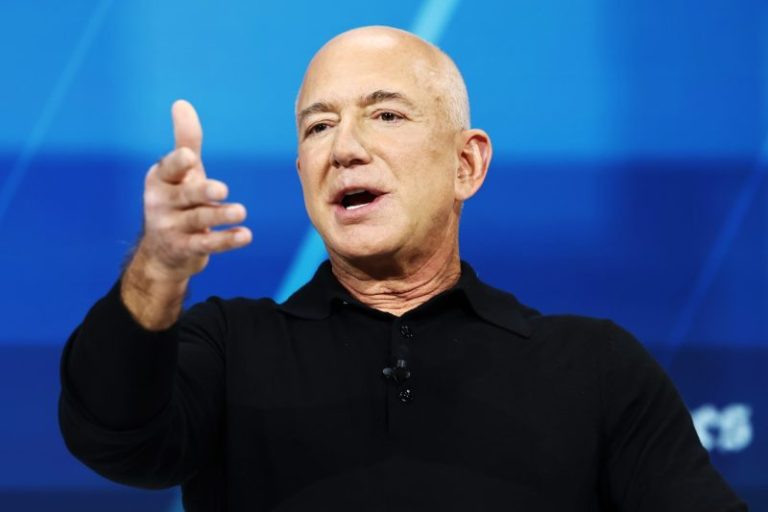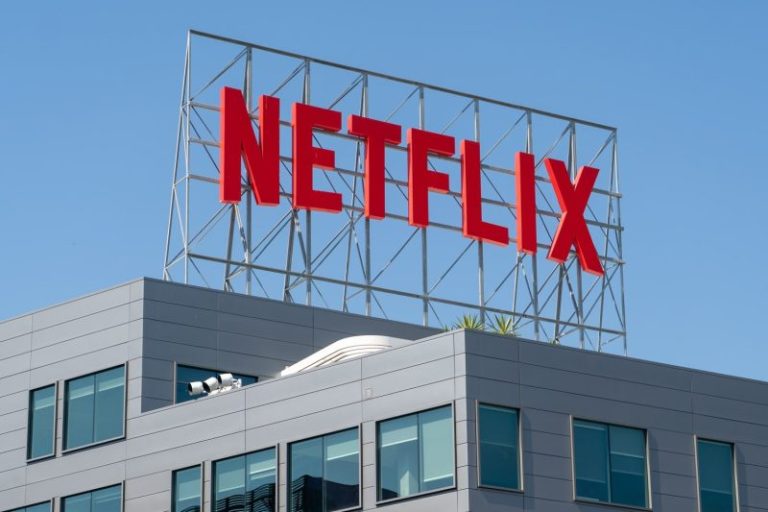Rep. Alexandria Ocasio-Cortez, D-N.Y., is hosting an in-person town hall in Jackson Heights, Queens, on Friday night amid speculation she is considering a 2028 presidential run.
After speaking at a May Day protest in New York City on Thursday, rejecting Trump’s agenda and warning protesters that Republicans ‘are going after Medicaid next,’ Ocasio-Cortez is returning home to New York’s 14th congressional district to ‘share updates on her work in D.C., provide important constituent updates, and take questions from the audience.’
Ocasio-Cortez has been jet-setting across the United States with Sen. Bernie Sanders, I-Vt., on his ‘Fighting Oligarchy’ tour. The campaign confirmed to Fox News Digital that Friday night’s town hall was originally scheduled for the April congressional recess, but had to be rescheduled because Ocasio-Cortez was sick. She posted an Instagram story two weeks ago apologizing for canceling.
Earlier this week, Ocasio-Cortez did not rule out 2028 presidential aspirations when asked by Fox News Digital about the viral video that had pundits guessing whether she were soft-launching her campaign.
‘I think what people should be most concerned about is the fact that Republicans are trying to cut Medicaid right now, and people’s healthcare is in danger. That’s really what my central focus is,’ the New York Democrat said when asked whether she is considering a run for president, despite President Donald Trump’s assurances that he wouldn’t cut Medicaid.
‘This moment isn’t about campaigns, or elections, or about politics. It’s about making sure people are protected, and we’ve got people that are getting locked up for exercising their First Amendment rights. We’re getting two-year-olds that are getting deported into cells in Honduras. We’re getting people that are about to get kicked off of Medicaid. That, to me, is most important,’ Ocasio-Cortez said on Capitol Hill on Trump’s 100th day in office.
Ocasio-Cortez’s campaign account posted a video on X last week that invigorated those rumors as the four-term Democrat from New York City and a progressive leader proclaimed, ‘We are one.’
‘I’m a girl from the Bronx,’ Ocasio-Cortez said on a campaign-style stage in Idaho. ‘To be welcomed here in this state, all of us together, seeing our common cause, this is what this country is all about.’
Americans reposted Ocasio-Cortez’s video across X, pointing to the video as proof of her 2028 presidential ambitions. ‘Get ready America. Alexandria Ocasio-Cortez will almost undoubtedly run for president in 2028,’ political reporter Eric Daugherty said in response to the video.
As rumors swirl over Ocasio-Cortez’s ambition for higher office, back at home in New York, a Siena College poll found that Senate Minority Leader Chuck Schumer’s favorability is down, at 39% among New York state voters questioned in the poll, which was conducted April 14 through 16. Meanwhile, Ocasio-Cortez’s favorability soared to 47%.
The longtime senator from New York faced pushback from the Democratic Party in March for supporting the Republican budget bill backed by Trump that averted a government shutdown and stirred up outrage among congressional Democrats who planned to boycott the bill.
That growing disapproval among Democrats was reflected in the poll, and the shifting perception comes as DNC vice chair David Hogg, through his political arm, Leaders We Deserve, faced blowback from the DNC for investing $20 million into electing younger Democrats to safe House Democrat seats.
Ocasio-Cortez raked in a massive $9.6 million over the past three months. The record-breaking fundraising haul was one of the biggest ever for any House lawmaker. Ocasio-Cortez’s team highlighted that the fundraising came from 266,000 individual donors, with an average contribution of just $21.
‘I cannot convey enough how grateful I am to the millions of people supporting us with your time, resources, & energy. Your support has allowed us to rally people together at record scale to organize their communities,’ Ocasio-Cortez emphasized in a social media post.
Ocasio-Cortez’s campaign did not respond to Fox News Digital’s request for comment about the 2028 presidential speculation.
Fox News Digital’s Paul Steinhauser contributed to this report.

